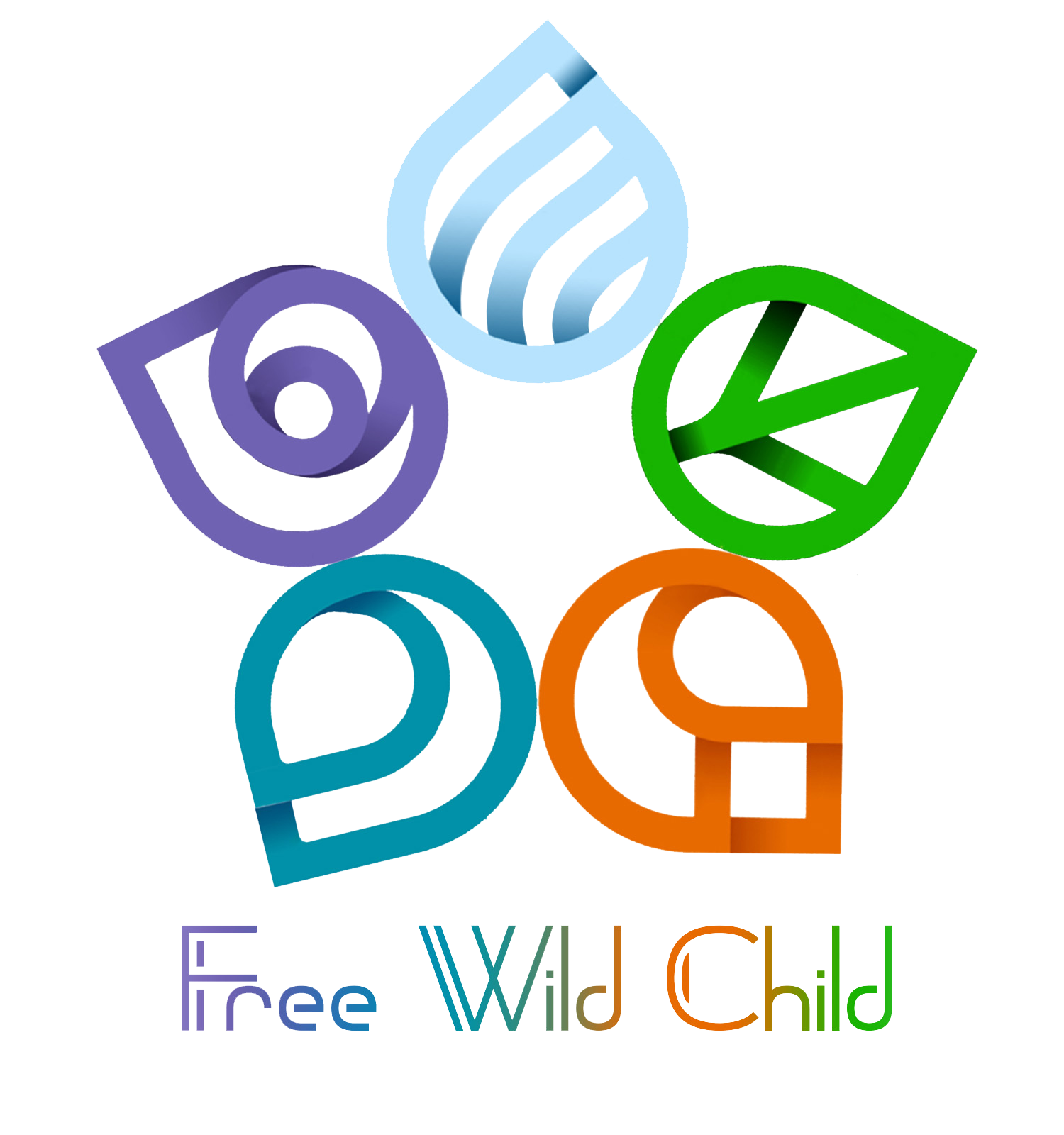The Eternal Knot: A Reflection on Life’s Interwoven Paths
During my recent travels, I had the opportunity to meet people from all walks of life. Different backgrounds, languages, and stories—yet, beneath it all, there was something deeply familiar. A shared human experience. It reminded me of something I often reflect on: the interconnectedness of all beings. No matter where we come from, our lives are woven together in ways we may not always see.
The Eternal Knot, known as Shrivatsa in Sanskrit or Palbeu in Tibetan, is a symbol found in many ancient traditions, especially in Buddhism. It represents the way all things are connected—how our actions ripple through the world and how wisdom and compassion endlessly cycle through time. There is no clear beginning or end to the knot, just as there is no clear start or finish to the relationships, experiences, and lessons we encounter in life. Everything is linked.
More Than Just a Symbol
The Eternal Knot is more than just an intricate design; it carries a deep meaning. It teaches us that wisdom and love are not separate, but rather two sides of the same truth. In Buddhism, it is often seen as a reminder that everything we do—our thoughts, words, and actions—affects not only our own lives but the lives of others as well. In yoga philosophy, this aligns with the idea of Karma—the understanding that our choices shape our future and the world around us.
The idea of interconnectedness is not just a comforting thought; it is a responsibility. When we recognize how deeply we are tied to one another, we begin to see that our smallest acts of kindness, our moments of understanding, and our ability to show up with an open heart have far-reaching effects. Every time we practice Ahimsa (non-violence), every time we speak with truth and integrity (Satya), and every time we show compassion, we strengthen the unseen threads that bind us to each other.
Samsara and the Endless Cycle
The Eternal Knot is also a symbol of Samsara—the endless cycle of birth, death, and rebirth. It represents the continuous flow of existence, the repeating patterns we experience in life, and the lessons we encounter again and again. Just as the knot has no end, neither does our journey toward understanding and growth.
At first, the idea of Samsara can seem overwhelming. Are we just trapped in an endless loop? But when we look closer, we see that within this cycle lies an opportunity: the chance to evolve. Each experience, whether joyful or painful, carries the potential for wisdom. Every challenge is an invitation to grow, every loss a doorway to deeper understanding.
I reflected on this during my trip. As I met strangers who felt oddly familiar, I realized how often we find ourselves in situations that feel like echoes of the past. The same lessons appear in different forms until we finally grasp them. Maybe the people we meet, the love we give, and even the pain we endure are all part of a much larger story—one that extends beyond a single lifetime.
Living the Eternal Knot
The Eternal Knot invites us to embrace life with both wisdom and compassion. To see our struggles not as isolated events but as part of a much greater unfolding. To recognize that we are not alone, that we are never truly separate from one another.
When we step onto our yoga mats, we embody this philosophy. In each breath, each movement, we experience the balance between effort and surrender, between holding on and letting go. Just as the knot has no fixed start or end, our practice is never really finished. We return to it, again and again, deepening our awareness, refining our understanding.
And just like in life, we don’t move through our practice alone. Every teacher, every student, every person who has ever practiced before us contributes to the wisdom we now carry. We are shaped by those who came before us, and we shape those who will come after. The Eternal Knot reminds us that even as we walk our own paths, we are forever linked.
A Final Thought
As I stood in a yoga pose that resembled the shape of the Eternal Knot, I thought about how our experiences, choices, and connections continue to weave into something greater than ourselves. The kindness of a stranger, the support of a friend, the wisdom of a teacher—these threads create the fabric of our existence.
In the end, the knot is not meant to be untangled. It is meant to be lived.
گره ابدی: تأملی بر مسیرهای درهمتنیدهی زندگی
توی سفر اخیرم، فرصت این رو داشتم تا با آدمهایی از فرهنگها و پیشینههای مختلف آشنا بشم. زبانها، داستانها و تجربیات زیستهی متفاوتی داشتن، اما در عمق همهی این تفاوتها، یه چیز آشنا وجود داشت: یه تجربهی مشترک انسانی. این تجربه دوباره به من یادآوری کرد که چقدر زندگیهامون به هم پیوستهان، حتی اگه همیشه متوجه این ارتباط نباشیم.
گره ابدی، که در سانسکریت به نام "شریواتسا" (Shrivatsa) و در تبتی به نام "پالبئو" (Palbeu) شناخته میشه، یه نماد کهن در بسیاری از سنتهای باستانیه، مخصوصاً در بودیسم. این گره نشون میده که همهچیز به هم مرتبطه—اینکه چطور اعمال ما توی دنیا طنینانداز میشن و چطور خرد و شفقت در چرخهی زمان جریان دارن. این گره هیچ نقطهی شروع یا پایانی نداره، درست مثل روابط، تجربهها و درسهایی که توی زندگی باهاشون مواجه میشیم. همهچیز به هم وصله.
فراتر از یک نماد
گره ابدی فقط یه طرح پیچیده نیست؛ بلکه معنای عمیقی پشتش هست. این نماد به ما یادآوری میکنه که خرد و عشق از هم جدا نیستن، بلکه دو روی یه حقیقتن. در بودیسم، این گره نشونهی اینه که هر کاری که انجام میدیم—افکار، کلمات و اعمالمون—نهتنها روی زندگی خودمون بلکه روی زندگی بقیه هم تأثیر میذاره. توی فلسفهی یوگا، این مفهوم با کارما (Karma) هماهنگه—این درک که انتخابهامون آیندهی ما و دنیای اطرافمون رو شکل میدن.
ایدهی بههمپیوستگی فقط یه فکر آرامشبخش نیست؛ بلکه یه مسئولیته. وقتی واقعاً درک کنیم که چقدر به همدیگه وابستهایم، متوجه میشیم که کوچکترین مهربونیها، لحظات درک متقابل، و توانایی ما برای حضور داشتن با قلبی باز، تأثیری بسیار بزرگ دارن. هر بار که آهیمسا (Ahimsa) یا همان عدمخشونت رو تمرین میکنیم، هر بار که با صداقت و راستی (Satya) حرف میزنیم، و هر بار که شفقت نشون میدیم، پیوندهای نامرئی بینمون رو قویتر میکنیم.
سامسارا و چرخهی بیپایان
گره ابدی همینطور نمادی از سامسارا (Samsara) است—چرخهی بیپایان تولد، مرگ و تولد دوباره. این نماد جریان مداوم هستی، الگوهای تکراری که توی زندگی تجربه میکنیم، و درسهایی که بارها و بارها باهاشون روبهرو میشیم رو نشون میده. درست مثل این گره که پایانی نداره، مسیر ما برای درک و رشد هم تمومی نداره.
در نگاه اول، مفهوم سامسارا ممکنه ناامیدکننده به نظر برسه. انگار که در یه چرخهی بیپایان گیر افتادهایم. اما اگه عمیقتر نگاه کنیم، میبینیم که این چرخه یه فرصت هم هست: فرصتی برای تکامل. هر تجربه، چه شاد باشه چه دردناک، میتونه بذر خرد رو در ما بکاره. هر چالشی یه دعوت برای رشد کردنه، هر فقدانی دریچهای به درک عمیقتر.
تو سفرم، وقتی با آدمهایی آشنا شدم که حس میکردم قبلاً دیدمشون، به این فکر کردم که چقدر موقعیتهایی که توش قرار میگیریم، شبیه خاطرات گذشتهان. انگار درسهای زندگی به شکلهای مختلف تکرار میشن تا بالاخره درکشون کنیم. شاید آدمهایی که میبینیم، عشقی که میبخشیم، و حتی دردی که تحمل میکنیم، همگی بخشی از یه داستان خیلی بزرگتر باشن—یه داستانی که فراتر از یه زندگی واحد امتداد پیدا میکنه
زیستن در گره ابدی
گره ابدی از ما دعوت میکنه که زندگی رو با خرد و شفقت در آغوش بگیریم. اینکه چالشهامون رو به عنوان اتفاقات جداافتاده نبینیم، بلکه بخشی از یه مسیر بزرگتر بدونیم. اینکه بفهمیم ما تنها نیستیم و هیچوقت واقعاً از هم جدا نیستیم.
وقتی روی مت یوگا قدم میذاریم، این فلسفه رو زندگی میکنیم. توی هر دم و بازدم، هر حرکت، تعادل بین تلاش و رهایی، بین نگهداشتن و رها کردن رو تجربه میکنیم. درست مثل این گره که هیچ شروع و پایانی نداره، تمرین یوگا هم هیچوقت واقعاً تموم نمیشه. بارها و بارها بهش برمیگردیم، آگاهیمون رو عمیقتر میکنیم و درکمون رو صیقل میدیم.
و درست مثل زندگی، ما توی این مسیر تنها نیستیم. هر معلم، هر شاگرد، و هر کسی که قبل از ما تمرین کرده، در خردی که الان داریم سهمی داره. ما تحت تأثیر کسایی هستیم که پیش از ما اومدن و به نوبهی خودمون روی کسایی که بعد از ما میان تأثیر میذاریم. گره ابدی بهمون یادآوری میکنه که حتی وقتی مسیرمون جدا به نظر میرسه، همیشه به هم متصلیم.
و حرف آخر
وقتی توی یه حرکت یوگا قرار گرفتم که شبیه شکل گره ابدی بود، به این فکر کردم که چطور تجربههامون، انتخابهامون و ارتباطهامون همچنان در حال بافتهشدن توی چیزی فراتر از خودمون هستن. مهربونی یه غریبه، حمایت یه دوست، خرد یه معلم—اینها همون تار و پودیه که ساختار زندگیمون رو شکل میده.
در نهایت، این گره قرار نیست باز بشه. این گره قراره زندگی بشه.

